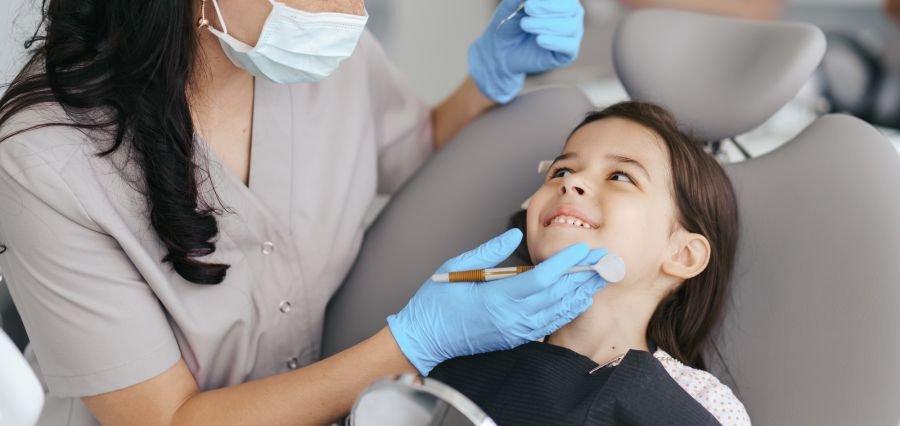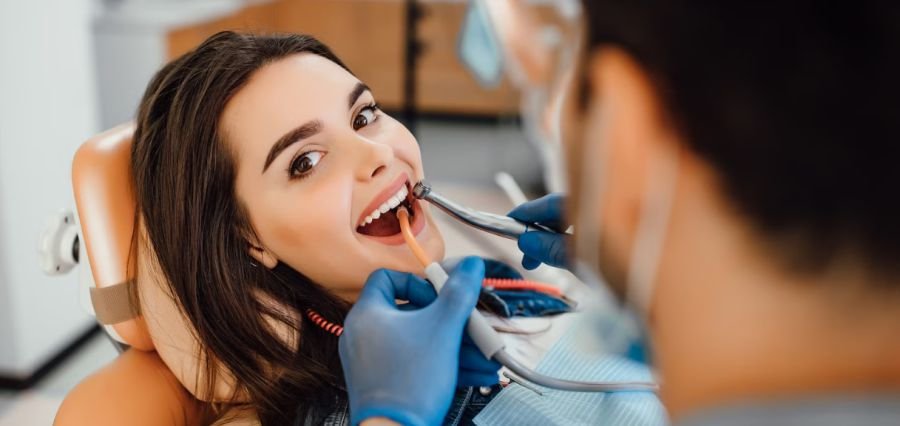For transgender individuals, the journey toward sobriety can often be laden with unique challenges and complexities. Traditional addiction treatment facilities may not always be equipped to accommodate the nuanced needs of transgender patients, particularly when it comes to providing gender-affirming care. Recognizing and addressing these specificities can significantly improve the efficacy of recovery programs for transgender individuals. Keep reading to learn how the right resources can make all the difference.
How to Evaluate Transgender-Friendly Recovery Resources?
When evaluating transgender-friendly recovery resources, there are several factors to consider. Firstly, it’s crucial to assess whether a program offers explicit protections and policies that ensure the respect and dignity of transgender individuals. Privacy, confidentiality, and safety measures should be clear and uncompromising, warding off any potential discrimination.
A closer look at the facility’s staff qualifications is necessary, as well. This includes checking for specific training in transgender health and substance use disorders, as well as a demonstrated commitment to cultural competence and humility. Reputable programs will often highlight staff members’ credentials and areas of expertise in gender-affirming care.
Lastly, practical considerations, such as location, cost, and insurance compatibility, will play a part in determining the feasibility of entering a specific program. In this regard, programs such as the transgender addiction treatment in LA or your area can serve as a useful starting point for individuals seeking tailored assistance and devoted care.
Challenges Faced by Transgender Individuals in Traditional Rehab Settings
Transgender individuals often encounter a multitude of challenges when entering traditional rehab settings, starting with the lack of proper recognition of their gender identity. This could mean being housed according to one’s sex assigned at birth rather than their affirmed gender, which can create undue distress and discomfort. Such an environment is not conducive to the trust and safety needed for effective treatment.
Within these non-affirming settings, the risk of being subjected to transphobia from both peers and staff can be high. Harassment and discrimination can lead to further alienation and might trigger or exacerbate mental health issues, undermining the recovery effort. Furthermore, a lack of access to hormone therapies or other transition-related healthcare within these settings can be detrimental to the mental well-being of transgender individuals.
Key components of Transgender-Specific Addiction Recovery Programs
Transgender-specific addiction recovery programs are characterized by several key components designed to support the holistic health and well-being of the individual. These programs center around inclusivity and catering to the unique intersectional experiences of the transgender population. Personalized treatment plans are established that take into account not only the addiction but also the impact of gender identity on the individual’s life and health.
One of the fundamental elements is the presence of mental health professionals trained in the complexities of gender dysphoria and the myriad issues that can arise during transition. Allied to this is a staff that is educated and sensitive to the nuances of gender identity, expression, and the lived realities of transgender individuals. This competency is crucial for building a strong therapeutic relationship.
Advocacy and Support Networks Enhancing Transgender Recovery Journeys
Advocacy and support networks play an invaluable role in enhancing the recovery journeys of transgender individuals. Advocacy groups work tirelessly to ensure transgender individuals have access to appropriate addiction treatment and healthcare resources. They also fight to raise awareness about the unique needs of the transgender community within the wider sphere of public health.
On a more personal level, support networks provide a sense of belonging and community, which is often an antidote to the isolation felt by many transgender individuals struggling with addiction. These networks can come forth in various forms, including local support groups, online forums, and national organizations dedicated to transgender rights and health.
Overall, the path to sobriety for transgender individuals is a complex one that requires thoughtful, nuanced, and affirming care. Through the efforts of specialized addiction recovery programs, supportive healthcare providers, and robust advocacy and support groups, transgender individuals have access to the resources needed to achieve and maintain sobriety. Altogether, these dedicated resources help ensure a journey to recovery that is not only possible but empowering and inclusive.
Read More: Click Here










